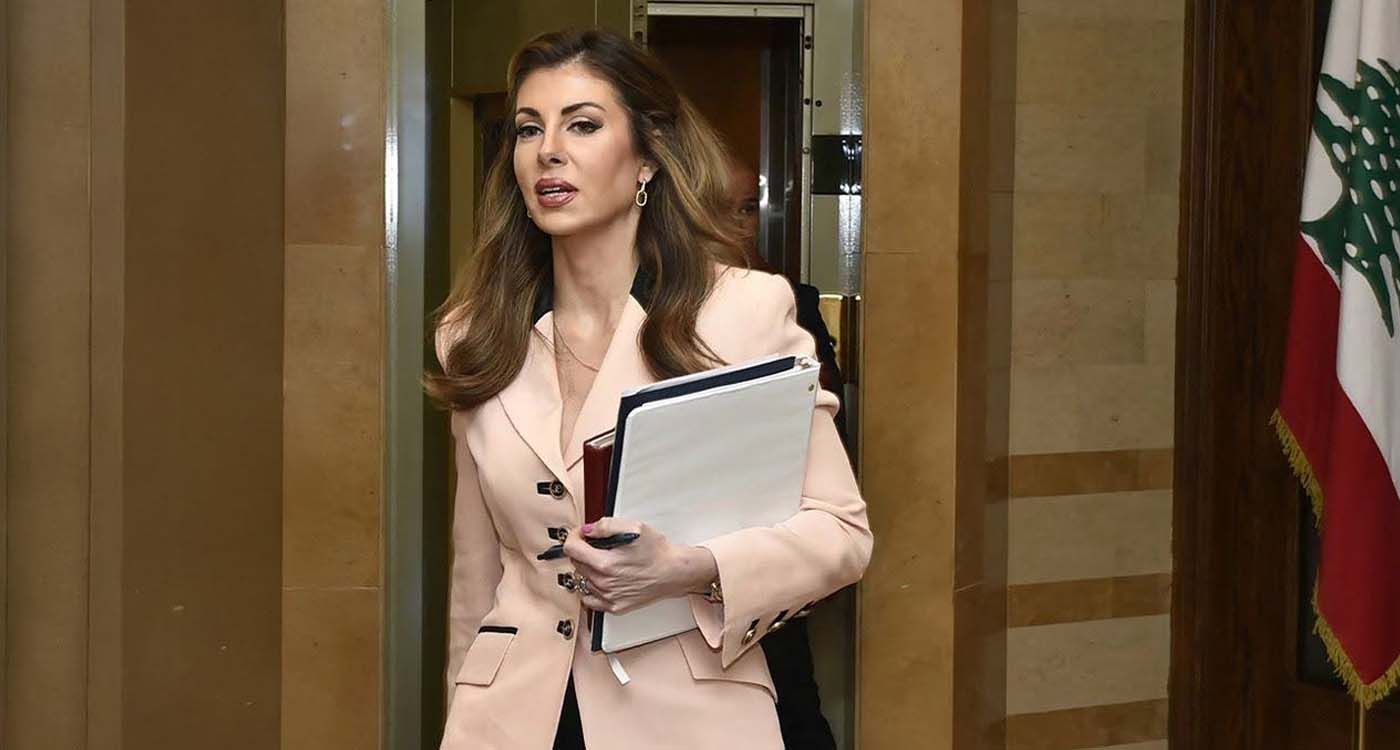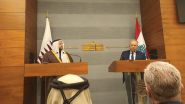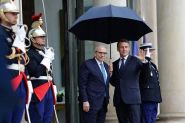
American envoys Tom Barrack and Morgan Ortagus are set to meet President Joseph Aoun Tuesday morning to deliver Israel’s official response to U.S. proposals aimed at helping Lebanon restore full sovereignty over its entire territory and kickstart the country’s recovery process.
The response from Tel Aviv, which addresses the withdrawal from five border points, the cessation of attacks and assassinations, and the release of Lebanese prisoners, seems aligned, on certain points, with Beirut’s expectations. An initial positive signal came earlier from Israeli Prime Minister Benjamin Netanyahu, who announced his willingness to “engage in reciprocal measures,” including a gradual reduction of Israeli forces along the southern border, provided the Lebanese army implements a disarmament plan targeting Hezbollah.
The Lebanese military command is currently drafting a plan to that effect, which is expected to be presented to the Council of Ministers on September 2.
In an exclusive interview with This is Beirut, Ortagus emphasized Washington’s determination to assist Lebanon in regaining its footing and sovereignty. “All we want is to support Lebanon’s efforts to strengthen the state, its institutions, and the Lebanese army,” she said during a dinner in Gemmayzeh, attended by numerous political figures. “We want the same outcome as President Joseph Aoun, Prime Minister Nawaf Salam, and even Speaker Nabih Berri,” she added, underscoring that the United States is “ready to help the army develop, and even implement, the Hezbollah disarmament plan.”
On Hezbollah, Ortagus was unequivocal: the group and its deputy leader, Naim Qassem, “do not represent Lebanon. They represent foreign forces, namely Iran.”
Her remarks came hours after a speech by Qassem, who anticipated the meeting between the American envoys and the president, outright rejecting the principle of reciprocity mentioned by Netanyahu. While adopting a less threatening tone this time, he remained steadfast on the issue of weapons, refusing to hand them over to Lebanese authorities. Masterful in contradiction and inconsistency, he delivered a lengthy address on his vision of sovereignty, a group that clearly advances an Iranian agenda, and defended the purpose of his organization’s arsenal, which Lebanon’s south and its Israeli presence owe much to.
Qassem, however, blamed the Lebanese state for “submitting to foreign influence” and failing to do what is necessary “to push back the Israelis.” While expressing support for the army, he asserted that the state “is not capable of standing up to Israel.”



Comments